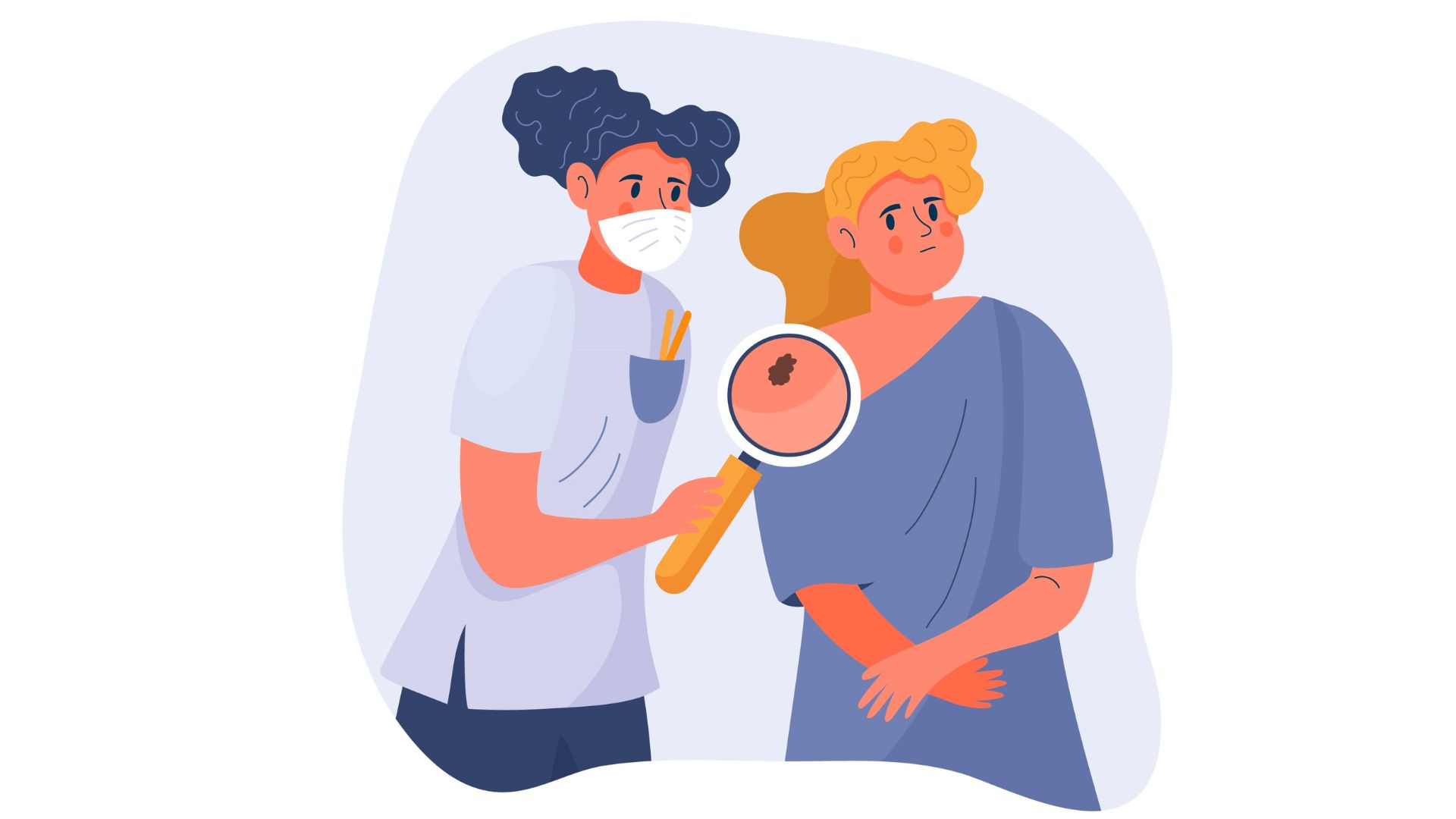

How often should you have a skin check in Australia?
It is always important to prioritise health, but we often wait until the problem becomes serious. It is easy to fall into this trap. One must get a skin check done regularly before it develops serious complications. Skin checks allow expert intervention early before complications get serious.
It’s estimated that more than two in three Australians will be diagnosed with skin cancer in their lifetime, which means it has the highest rates of skin cancer. This high rate is linked to several factors, including Australia’s sunny climate and the mainly fair-skinned population, making them more susceptible to UV radiation.
Get your skin checked at least once a year, here’s why.
Why Get Skin Checked?
Due to a combination of geographical factors, lifestyle, and population characteristics, Australians have higher chances of getting diagnosed with skin cancer. Australia’s location closer to the equator, coupled with a depleted ozone layer, leads to high levels of UV radiation, a primary cause of skin cancer.
Especially, basal cell carcinoma and squamous cell carcinoma are common types of cancer in Australia. Although rare, melanoma is one of the serious types of skin cancer, and if not treated on time, the survival rates might decline.
Skin check-up can help detect the signs and symptoms of skin cancer early, including:
- New growth, that could be new moles, bumps or scaly patches. They might appear in red, pale or pearly colour.
- If a mole changes in size, shape, colour, or texture, it should be examined by a healthcare professional.
- Sores that persist despite treatment or that bleed or crust over can be a sign of skin cancer.
- Persistent itching, tenderness, or pain in a specific area of the skin can also be a symptom of skin cancer.
Regular skin examinations can help you increase survival rates and get control over signs and symptoms.
Who to Visit for a Skin Check?
A dermatologist is the first to call for a skin check. When you are conducting a skin check at home, you must look for new moles, changes in existing moles or suspicious growths. Skin check by a dermatologist assures you are not at high risk, and even if you are, the treatment gets started early.
Dermatologists are trained to check for skin cancer and are experts in diagnosing and treating skin conditions, including skin cancer. They can perform skin exams and, if necessary, biopsies to confirm a diagnosis. Visual examinations, dermoscopy and biopsy can help detect the signs and symptoms and confirm the presence of skin cancer. Here are several reasons why you must visit a dermatologist for skin advice:
- Dermatologists have specialised training in diagnosing and treating a wide range of skin conditions, including skin cancer.
- They have access to specialised tools and techniques, like skin biopsies, to assess skin health more accurately.
- Dermatologists can perform various procedures, including cosmetic and medical treatments, for skin conditions.
- If you’re concerned about skin cancer, some healthcare providers offer specialised skin cancer screenings.
If you want to prevent yourself from skin cancer, we can help.
Prevention From Skin Cancer: What You Must Do
To effectively prevent skin cancer, it’s crucial to minimise sun exposure, use broad-spectrum sunscreen with at least SPF 30, and wear protective clothing and accessories like hats and sunglasses. Regular self-exams and professional skin checks are also important for early detection. Here are some helpful tips:
- Avoid prolonged sun exposure, especially between 10 a.m. and 4 p.m. when the sun’s rays are strongest.
- Long-sleeved shirts, long pants, and hats with wide brims must be in your wardrobe. Wear sunglasses that block both UVA and UVB rays.
- Select a sunscreen that protects against both UVA and UVB rays. Use a generous amount of sunscreen, covering all exposed skin. Reapplication every two hours, or more frequently if swimming or sweating is essential.
- Stay away from tanning beds and sunlamps, as they can damage your skin.
- Self-examination is the first step in protection. Conduct self-examination and look for changes. Inform immediately a skin specialist and conduct a consultation.
- Smoking can contribute to skin damage and ageing. A balanced diet can help support overall skin health. So, promote a healthy living and stay hydrated.
Remember the earlier, the better. The earlier you inform your skin specialist about the signs and symptoms, the better results and fewer complications you will experience.
Expert monitoring is a must in skin cancer because it can help understand the signs and how you can promote better protection against the sun.

